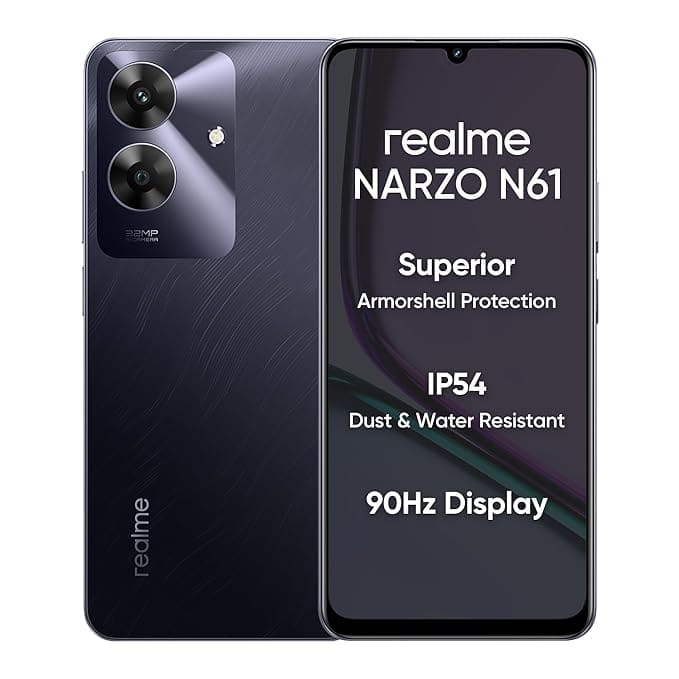Social Science : Geography : Chapter 8 : Disaster Management: Responding to Disasters
I. Choose the correct answer
1. One among the following is the first responder in case of a disaster.
- Police officers
- Firefighters
- Insurance agents
- Emergency medical
Ans : a) Police officers
2. ‘Drop, Cover, Hold’ is a mock drill a vowal for ……………
- Fire
- Earthquake
- Tsunami
- Riot
Ans : b) Earthquake
3. When you happen to see a fire break out, you will make a call to ……………
- 114
- 112
- 115
- 118
Ans : b) 112
4. Which of the following statements are untrue?
- ‘Stop, Drop, Roll’ is for fire.
- “Drop, Cover, Hold’ is for an earthquake.
- ‘If sea water recedes back, run to higher places’ is for flood.
- ‘If gunshots are head, drop to the ground and cover the head with hand’ is for riot.
Ans : c) ‘If sea water recedes back, run to higher places’ is for flood.
5. Which of the following statements belongs to responding to earthquake?
- Avoid, any place where police or security forces action is in progress.
- Know the height of your street above sea level and the distance of your street from the coast.
- Stay away from glass, windows, outside doors and walls and anything that could fall.
- Before opening a door, feel it with the back of our hand.
Ans : c) Stay away from glass, windows, outside doors and walls and anything that could fall.
II. Short answer
1. Who are the community’s first responders to disaster?
The community’s first responders to disaster are Police officers, Firefighters and Emergency medical technicians.
2. What are the four phases of the Disaster Management cycle?
The four phases of the Disaster Management cycle are Planning, Prevention, Mitigation and Preparedness
3. Though Japan has the densest seismic network, Indoneisa has the most number of earthquakes. Why?
- Japan has the densest seismic network in the world.
- But, Indonesia has the most number of earthquakes because it is larger than Japan.
4. How many males and females per day die to fire in India?
- In India, every year about 25,000 on an average die due to fires.
- In this, it is estimated that about 42 females and 21 males die every day due to fire.
5. What should you do after a Tsunami?
- Tuned a local radio or television station for updated emergency information.
- Check ourself for injuries and get first aid if necessary.
- If someone needs to be rescued, call professional with the right equipment to help.
- Stay out of the building (house) if water remains around it
III. Short answer
1. Write a short note on Tsunami.
- Tsunami is a Japanese word which means ‘harbour wave’. It is a series of waves in a water body caused by the displacement of a large volume of water generally in an ocean or a large lake.
- Earthquakes, volcanic eruptions and other underwater explosions above or below water all have the potential to generate a tsunami.
- It can travel 700-800 km per hour with waves 10-30 meter high.
- It causes flooding and disrupts transportation, power, communication and water supply.
- Tsunami can kill or injure people and damage or destroy buildings and infrastructure.
2. What do you do if you are indoors during earthquakes?
- DROP to the ground, take COVER by getting under a sturdy table or other piece of furniture and HOLD ON until the shaking stops.
- Protect by staying under the lintel of a inner door, in the corner of a room, under a table or even under a bed.
- Stay away from glass windows, outside doors and walls and anything that could fall.
- Stay inside until the shaking stops and go outside.
3. How do you respond to Tsunami?
- First of all, should find out the home, school, workplace or other frequently visited location are in Tsunami hazard areas along the sea shore.
- Plan evacuation routes from the home, school, works place where tsunami poses a risk.
- Use a weather radio or stay tuned to a local radio or television station to keep informed of local watches and warnings.
- Discuss tsunamis with the family members. Everyone should be aware of what to do when tsunami strikes.
- Review flood and safety and precautionary measures with the family members.
4. Write three sentences about what to do during fire.
- Stay calm and pull the nearest fire alarm or call 112.
- Give the name, address and location of the fire.
- Donot hang up until the police dispatcher tells to do so.
- Walk, don’t run to the nearest exit
- Leave the building immediately.














